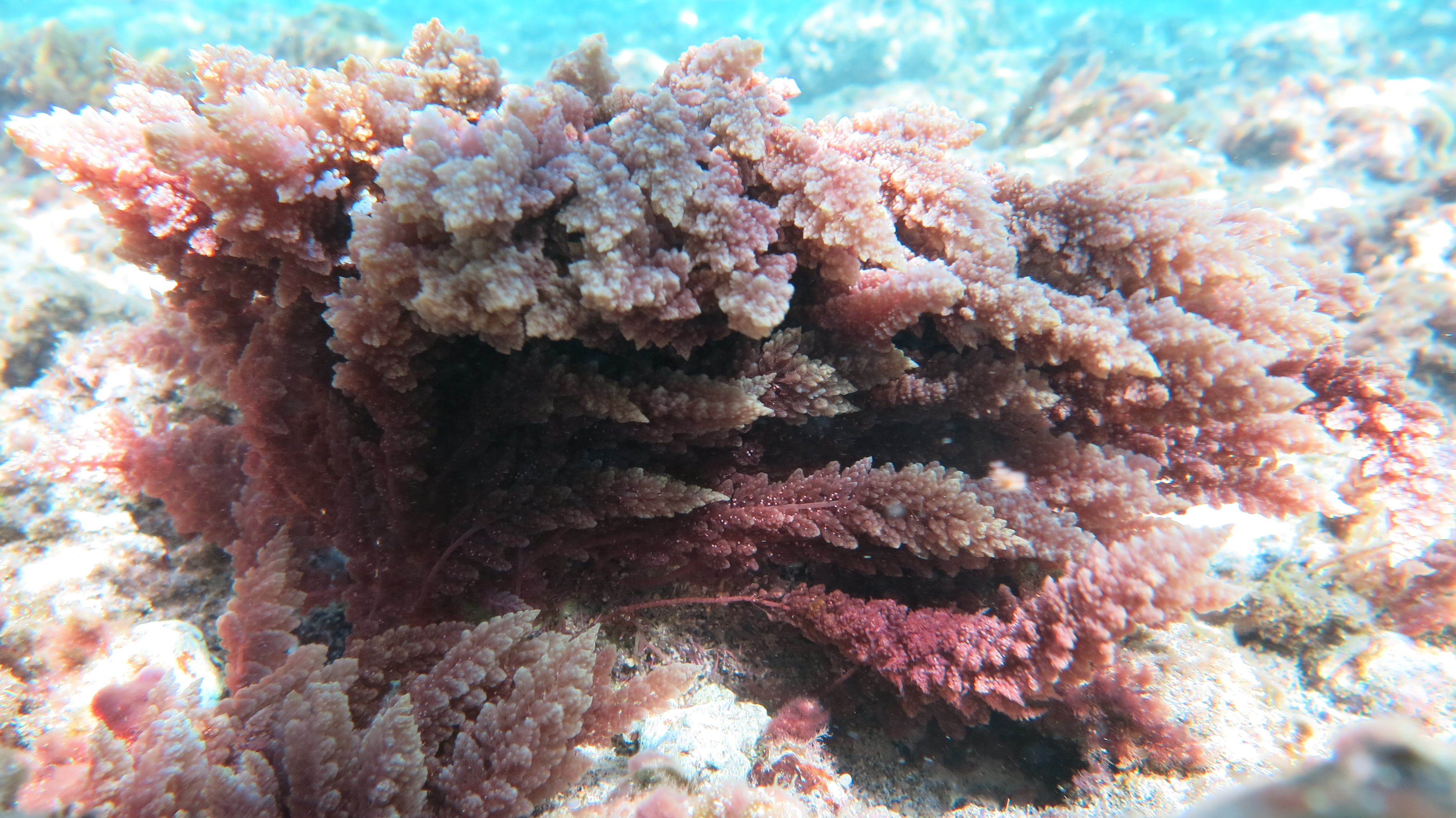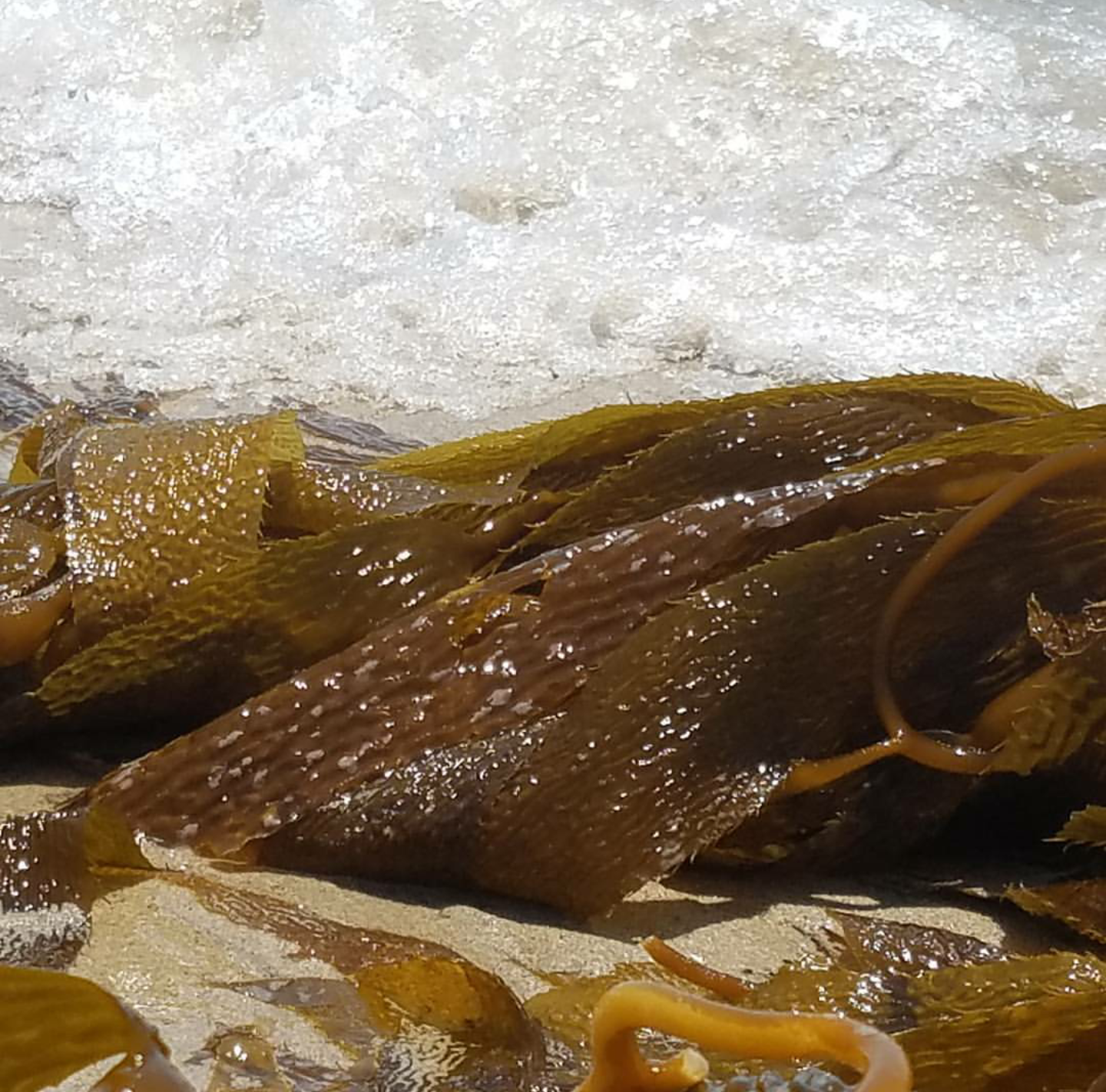Scientists Discover a New Tool to Fight Global Warming

By:
Cows have a lot of gas, methane gas specifically, and it contributes significantly to global warming.
Methane gas from from livestock contributes to nearly 40 percent of global agriculture's greenhouse gas emission, according to a United Nation's Food and Agriculture Organization study. The main source of all that flatulence? Beef cattle and dairy cows.
However scientists in Australia claim they may have found a way to cut cow methane production down by 99 percent.
A plant from the ocean could be a hero for agriculture.
Research conducted in cooperation with Australia's Commonwealth Scientific and Industrial Research Organisation (CSIRO) found that adding small amounts of a type of seaweed called asparagopsis taxiformis to a cow's diet can significantly reduce its methane gas production.
 Jean-Pascal Quod/Wikimedia Commons - wikimedia.org
Jean-Pascal Quod/Wikimedia Commons - wikimedia.org
Scientists collected the seaweed off the coast of Queensland, Australia. "We started with 20 species [of seaweed] and we very quickly narrowed that down to one really stand out species of red seaweed," Rocky De Nys, a professor of aquaculture at James Cook University in Australia, told the Australian Broadcasting Corporation.
The study will expand next year to test dried seaweed's effects with large-scale cattle production, according to ABC.
However, another researcher on the project is concerned about the practicality of mass seaweed harvesting from the ocean.
CSIRO's Rob Kinley worked on the seaweed project as well. He said that for the research to have practical implications for cows, farmers will have to grow seaweed, rather than rely on wild plants from the ocean.
"Wild harvesting isn't going to do it because it's far too expensive and the resources aren't enough, so we need to get partners on board who can produce the seaweed in a cultivation process," he said to ABC.
This isn't the first time researchers have looked to seaweed for global warming solutions.
In 2007, an international group of Asian researchers at a conference in Bali focused on seaweed as a way to reduce carbon dioxide emissions.
"The ocean's role is neglected because we can't see the vegetation," Chung Ik-kyo, a South Korean environmental scientist, told NBC News. "But under the sea, there is a lot of seaweed and sea grass that can take up carbon dioxide."
The idea was that seaweed could trap and hold carbon dioxide like trees. However, other researchers noted that seaweed dies more quickly than trees, making it a less than optimal storage option.
"It depends on how long you keep the materials," I Nyoman Suryadiputra, of Wetlands International, told NBC News. "Because if it is decomposed in a month, the carbon dioxide will go back into the atmosphere."

